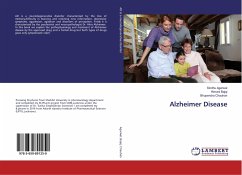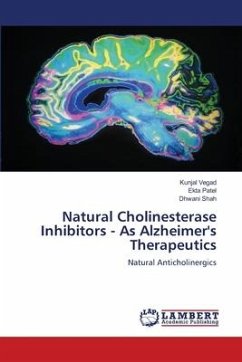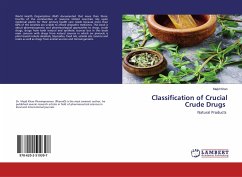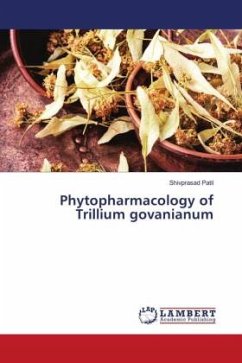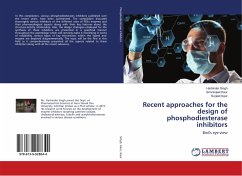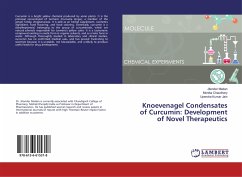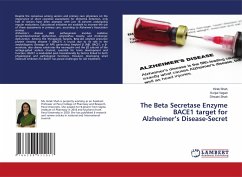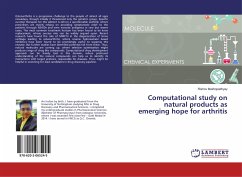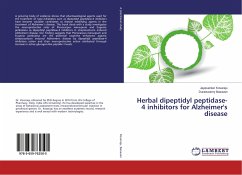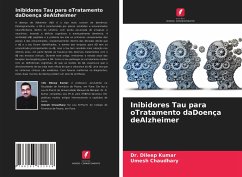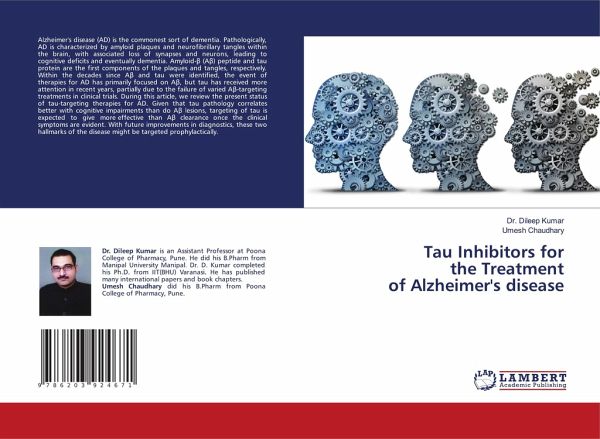
Tau Inhibitors for the Treatment of Alzheimer's disease
Versandkostenfrei!
Versandfertig in 6-10 Tagen
27,99 €
inkl. MwSt.

PAYBACK Punkte
14 °P sammeln!
Alzheimer's disease (AD) is the commonest sort of dementia. Pathologically, AD is characterized by amyloid plaques and neurofibrillary tangles within the brain, with associated loss of synapses and neurons, leading to cognitive deficits and eventually dementia. Amyloid-beta (Abeta) peptide and tau protein are the first components of the plaques and tangles, respectively. Within the decades since Abeta and tau were identified, the event of therapies for AD has primarily focused on Abeta, but tau has received more attention in recent years, partially due to the failure of varied Abeta-targeting ...
Alzheimer's disease (AD) is the commonest sort of dementia. Pathologically, AD is characterized by amyloid plaques and neurofibrillary tangles within the brain, with associated loss of synapses and neurons, leading to cognitive deficits and eventually dementia. Amyloid-beta (Abeta) peptide and tau protein are the first components of the plaques and tangles, respectively. Within the decades since Abeta and tau were identified, the event of therapies for AD has primarily focused on Abeta, but tau has received more attention in recent years, partially due to the failure of varied Abeta-targeting treatments in clinical trials. During this article, we review the present status of tau-targeting therapies for AD. Given that tau pathology correlates better with cognitive impairments than do Abeta lesions, targeting of tau is expected to give more effective than Abeta clearance once the clinical symptoms are evident. With future improvements in diagnostics, these two hallmarks of the disease might be targeted prophylactically.



